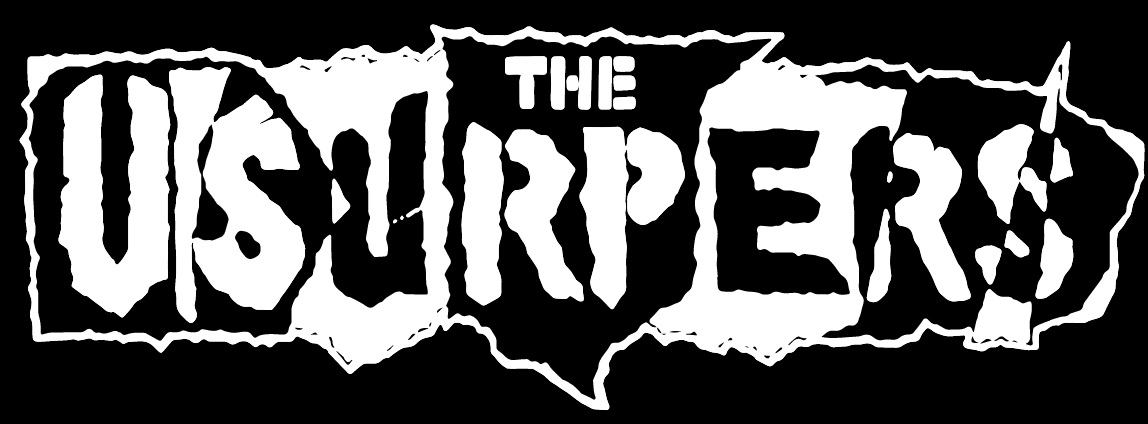Introduction to DIY Punk
The punk scene has existed for over 40 years.
It hasn't just survived, but it has spread across the entire planet; crossing borders, cultures, and under some of the most oppressive societies. Punk exists today across the Americas, Asia, Africa, Oceania, and Europe. It exists in big cities and small towns. It has existed in totalitarian systems like the Soviet Union and Warsaw Pakt countries, and it exists and grows in the People's Republic of China today.
Punk has also survived several periods of commercial exploitation. Every 10 years or so, punk becomes temporarily fashionable again, and mainstream society dilutes and appropriates elements of our scene, and commercial interests invade, exploit, poison, and then abandon our scene. Yet somehow, punk continues to grow and survive (while other youth cultures, fads, and fashions die out).
How has punk survived and thrived for decade, in spite of all of this? The DIY Ethic.
What is DIY?
DIY stands for "Do It Yourself". But its more than that; its an attitude and an ethos.
DIY practitioners aren't afraid to try things they haven't done before. They don't practice, study, and train at doing something for years before they actually do it; they jump in feet-first, and figure it out as they go. They might suck at first, but they learn by doing, and get better at it over time.
People who practice DIY usually appreciate and respect other amateur DIY efforts more than something "professional" or ready-made. After all, what's so cool about some expensive name-brand item someone bought off-the-shelf? Something self-made is much more interesting and respectable than mass-produced consumer bullshit. High-end name-brand items are for suckers. And so are major labels and record contracts. (More on that, later.)
The DIY punk scene produces (and distributes) its own music, recordings, media, events, and culture without the involvement of corporations. DIY punk bands often do everything themselves (setting up shows, releasing their music, etc), or work with other DIYers to do this.
How does a DIY music scene work?
The participants in the scene do everything that the commercial music industry does, but they do it themselves.
- Fans learn instruments and start their own bands. (They become active participants instead of observers.)
- Bands and fans organize, book, promote their own shows, and book their own tours. This often involves finding unconventional spaces and equipment to host their events, and/or networking with other DIYers.
- Bands release their own music, often on vinyl or cassette, or work with a small DIY label to do so.
- Fans producing their own media (creating fanzines), instead of leaving that to music journalists.
- Bands and fans make their own merch: screen-printing shirts, etc.
- Bands sell their music and merch directly to fans (via merch tables).
- Bands and DIY labels create their own distribution networks.
- Bands, artists, and others who make things sometimes bring their merch tables together to create markets.
This works only as long as most participants in a scene support that scene by paying entry to shows, buying from merch tables and distros, and getting involved in making things happen.
People in the scene who frequently try to "guest list" their way into a show, don't buy releases or merch from bands, and don't participate in the work of making a scene happen are a drag on any scene. When a scene gets too many of these people, it stops being viable and shrinks. The people doing most of the work to make events happen get burned-out, bands lose money, and renting space for events becomes too expensive.
When enough people in a DIY scene help with the work, take initiative to make things happen, and financially support bands and events, the scene can thrive.
Why is DIY better than commercialism?
When working with for-profit businesses, their goal is profit. That means they are taking money that would otherwise go directly to you. Sometimes, depending on what you are getting in return, this may be a fair deal for you. But its also quite possible that you are getting a raw deal. For-profit businesses exist to make a profit, and the greater the share of the revenue they are getting by selling your work, that cuts into what you are making.
If the business you are working with is not part of the scene, then they likely do not share your ideals, and the greater chance that you are being exploited. Major labels, in particular, are infamous for taking advantage of naive bands, having them sign contracts that they don't understand, and then attempting to reshape that band into something that will be a more marketable product.
If you are releasing your own records, handling your own distribution, and handling your own sales, then you are getting 100% of the revenue, and you aren't surrendering any creative control.
